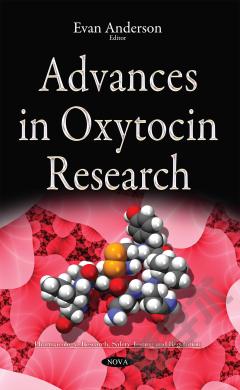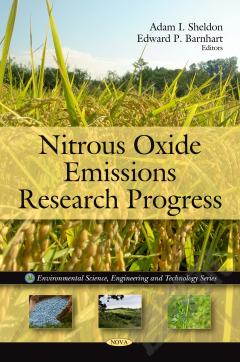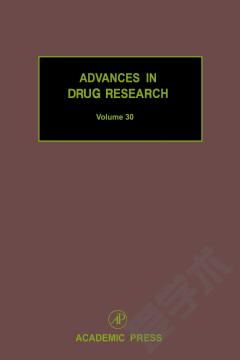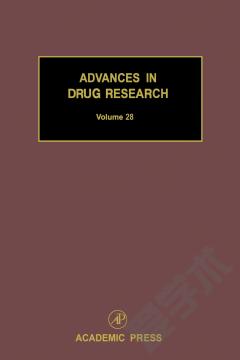Advances in Oxytocin Research
Oxytocin (OT), a hormone with a well-known function in childbirth, breast milk secretion, formation of the mother-infant bonding process and social empathy, has recently been revisited from a systemic perspective to uncover possible links with or etiological characteristics of chronic noncommunicable diseases (NCDs). Chapter one aims to provide an overview of the association of OT and its genetic polymorphisms with the most prevalent NCDs in the world population, seeking to integrate it to the thrifty phenotype hypothesis throughout the ontogenetic process. Chapter two examines the experimental evidence accumulated over the last few decades which indicates that oxytocin can play a beneficial role in cardiovascular control. Chapter three studies recent evidence that demonstrates intranasal inhalation of oxytocin improves face-processing. The final chapter contributes to a better understanding of the mechanisms involved in the age-related changes in body composition, sexual, and feeding behavior, in which oxytocin and cortisol probably play a relevant role.
{{comment.content}}








 京公网安备 11010802027623号
京公网安备 11010802027623号